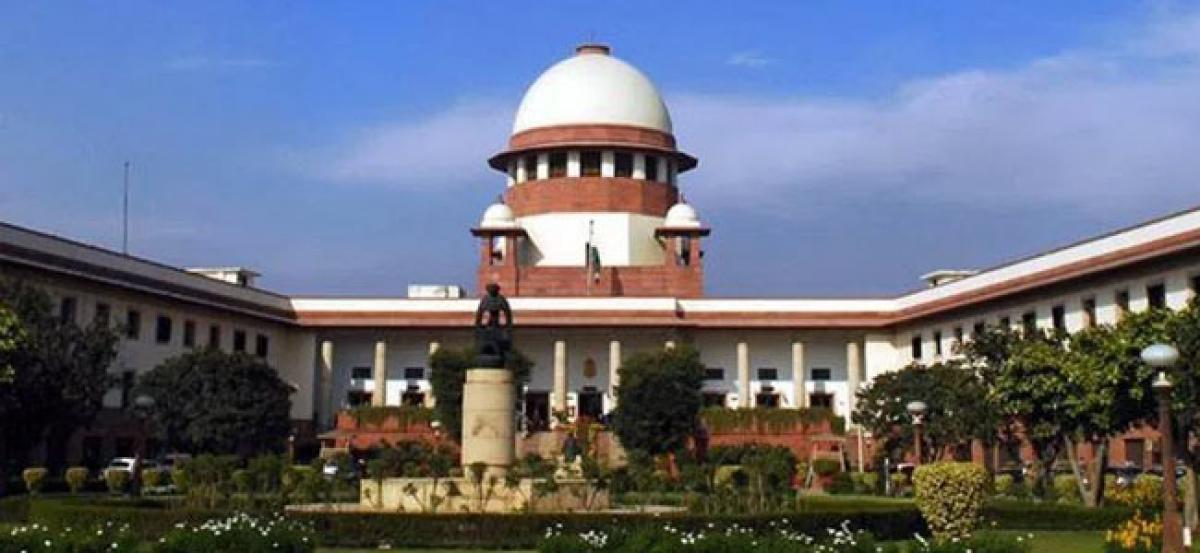SC orders massive judicial audit of all religious places

Supreme Court has begun a massive judicial audit of all the temples, mosques, churches and other religious and charitable institutions in India with regard to hygiene, assets and accounts It had asked the district magistrate to examine complaints in these respects and send reports to the High Courts which would treat them as PILs
NEW DELHI: Supreme Court has begun a massive judicial audit of all the temples, mosques, churches and other religious and charitable institutions in India with regard to hygiene, assets and accounts. It had asked the district magistrate to examine complaints in these respects and send reports to the High Courts which would treat them as PILs.
A bench of Justices Adarsh L Goel and S Abdul Nazeer, in July, said, “Difficulties faced by visitors, deficiencies in management, maintenance of hygiene, appropriate utilisation of offerings and protection of assets with regard to shrines, irrespective of religion, is a matter for consideration not only for the state government and the central government but also courts.”
India has more than 20 lakh major temples, three lakh active mosques and thousands of churches. Cases of this magnitude is going to be a burden for the courts which has nearly three crore pending cases and has a large number of vacancies in the district courts, HCs and SCs.
The district courts will need the assistance of the local administration which will need to find the time and manpower to examine complaints. “We direct that if any devotee moves the jurisdictional district judge throughout India with any grievance on the above respect, the district judge may either himself/herself, or by assigning the issue to any other court under his/her jurisdiction, examine the above aspects and if necessary send a report to the high court. We have no doubt that the HC will consider these aspects in public interest in accordance with the law and issue such judicial directions as necessary having regard to individual factual situation,” said the SC and posted the further hearing on September 5.
“The temple management may consider, subject to regulatory measures with regard to dress code and giving of an appropriate declaration or compliance with other directions, permitting every visitor irrespective of his/her faithe to offer respects and make offerings to the deity. We have noted that Hinduism does not eliminate any other belief and is eternal faith and wisdom and inspiration of centuries, as noted in earlier judgements of this court,” said the SC.
The bench had asked Gopal Subramanium, a senior advocate, to “engage with all stakeholders and give suggestions for bringing about improvements and also to give suggestions for bringing about improvements and also to give a report to the SC. However, this will not stand in the way of the committee of the state government, committee of the central government or any district judge considering matters in terms of the above directions,” on the reforms at Jagannath Temple.
“I will also make an assessment of the Jagannath temple’s assets and wealth. My mandate is to protect the temple rituals by drafting a scheme that would ensure welfare of the temple, its management, sevayats and pandas. The attempt will be to reach a consensus,” said Subramanium.








